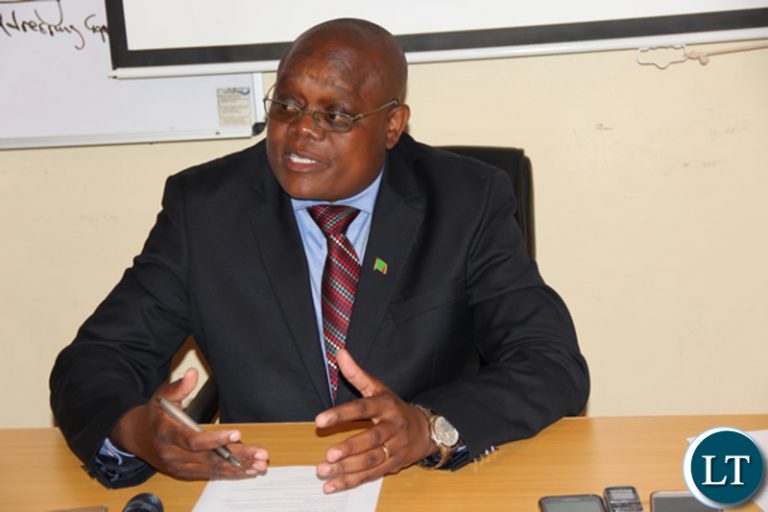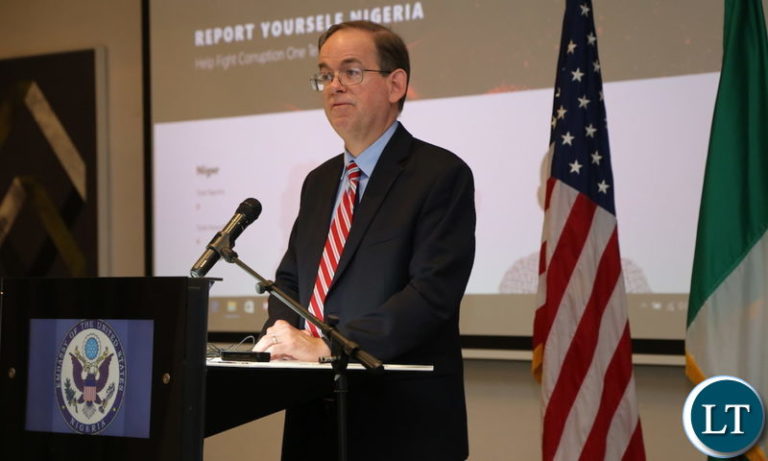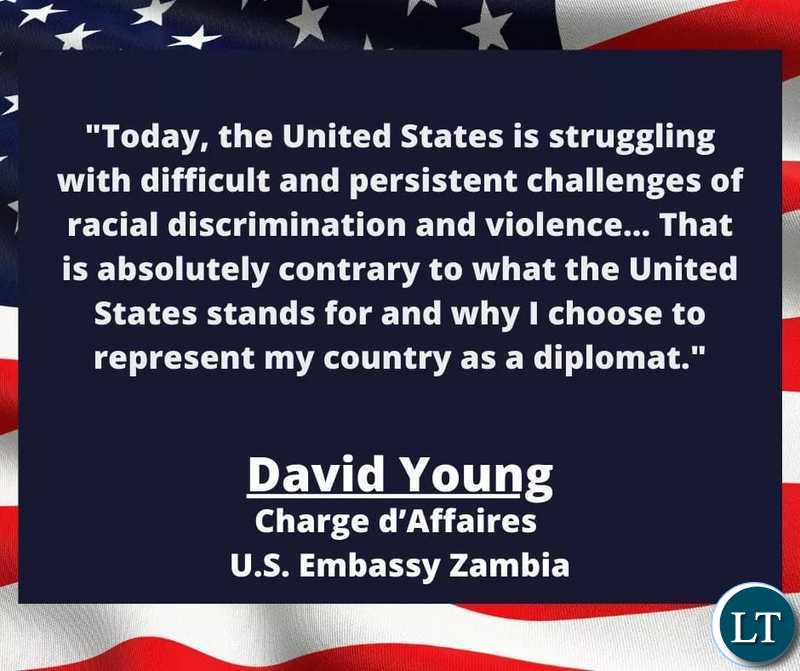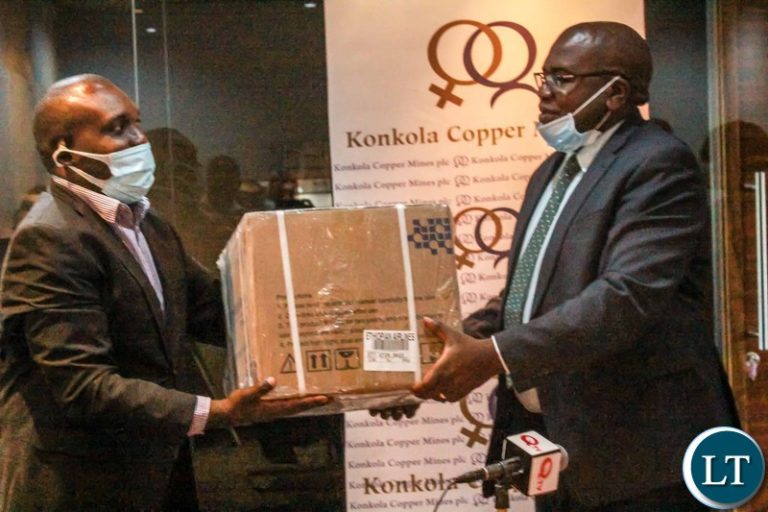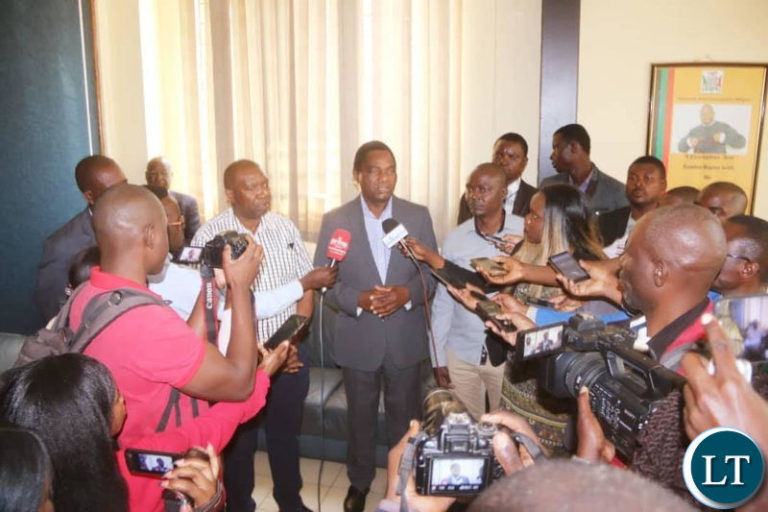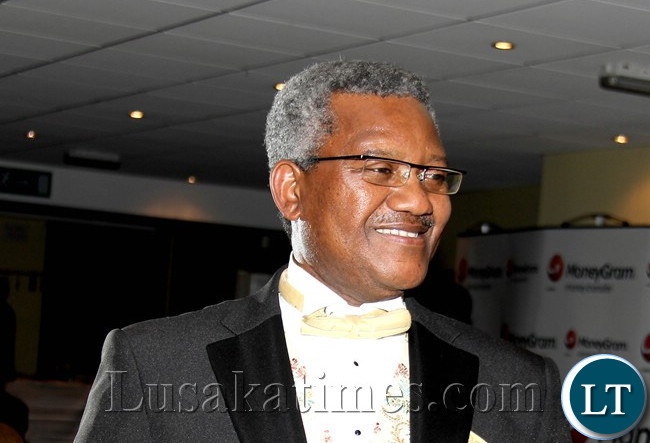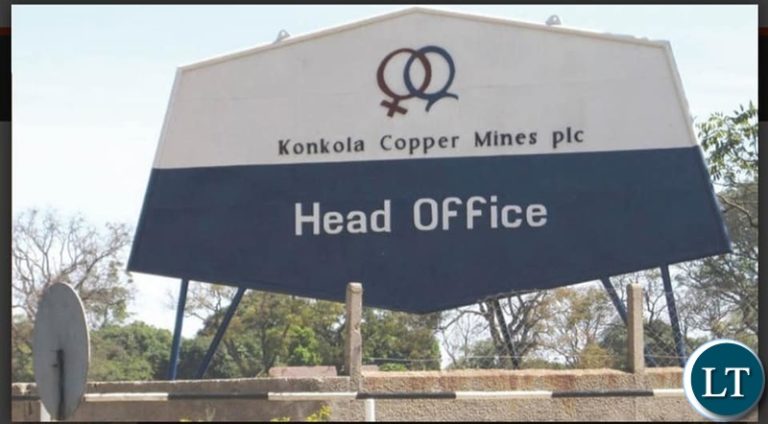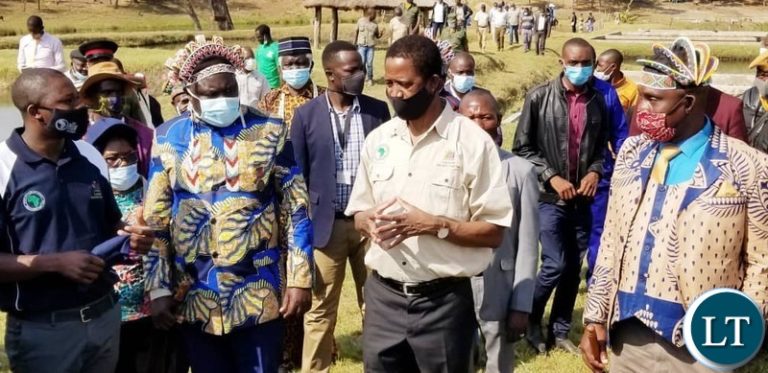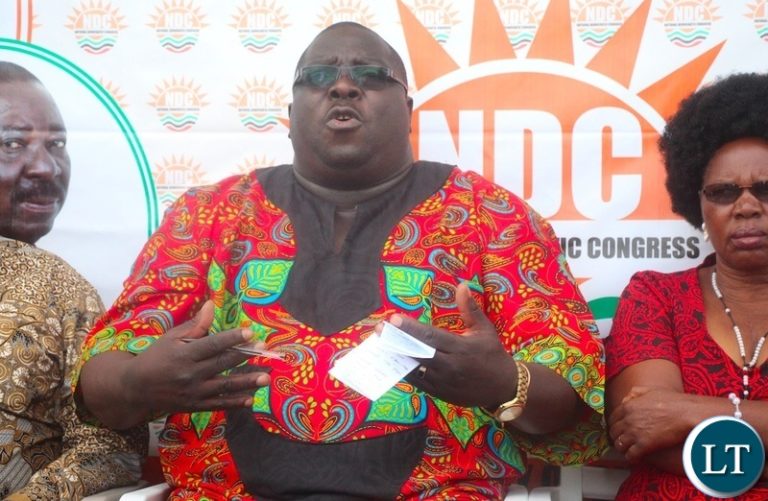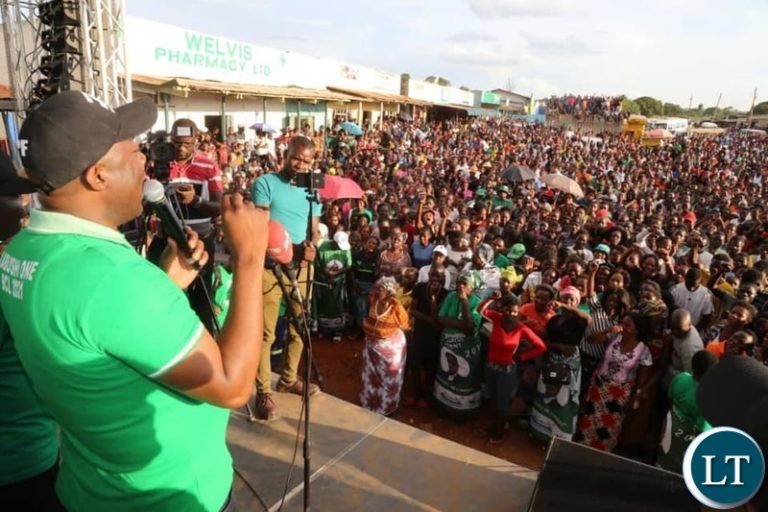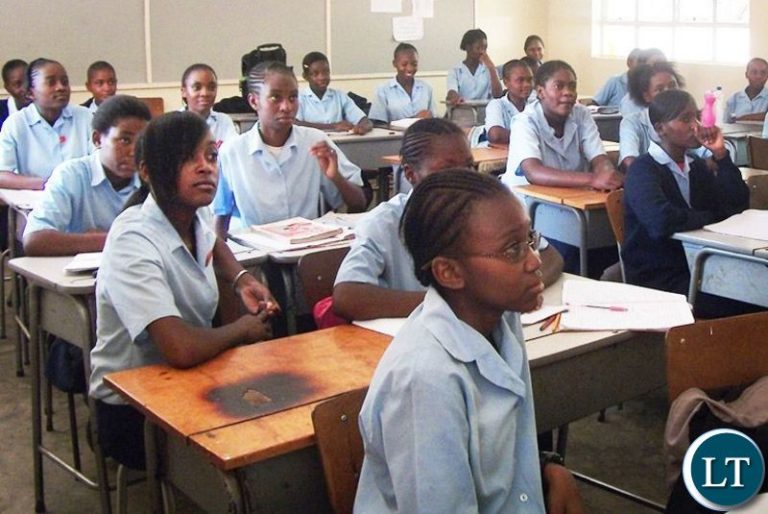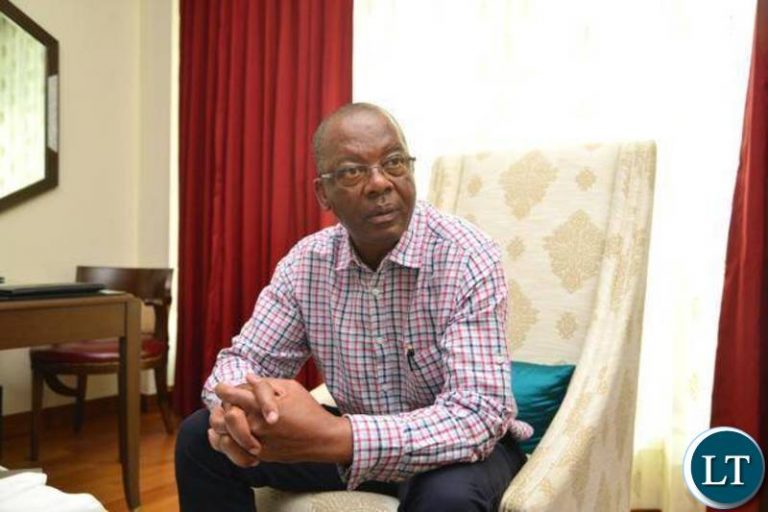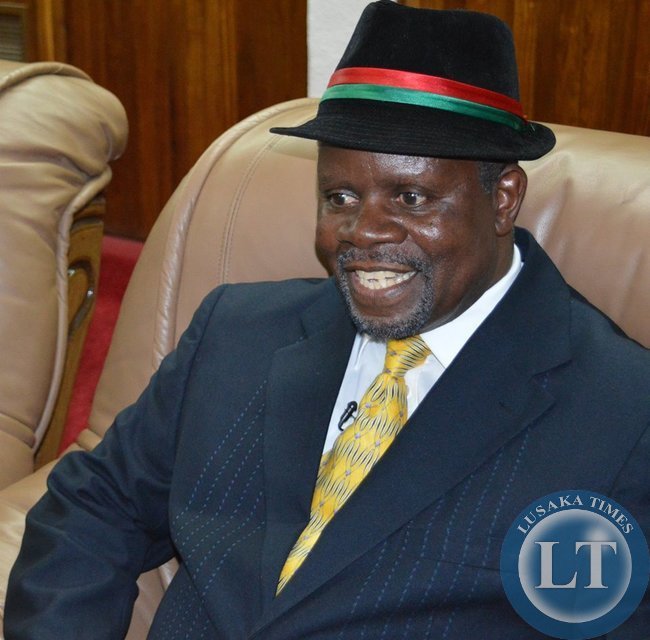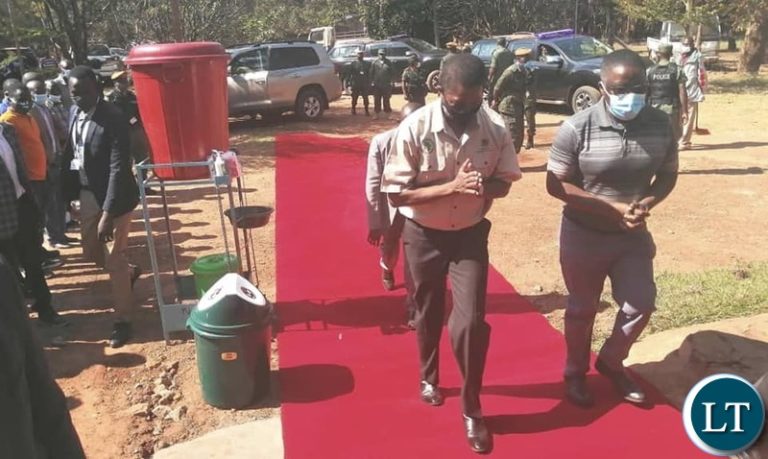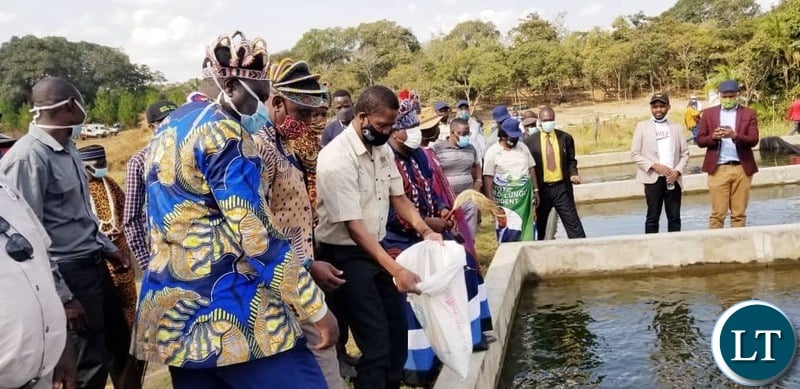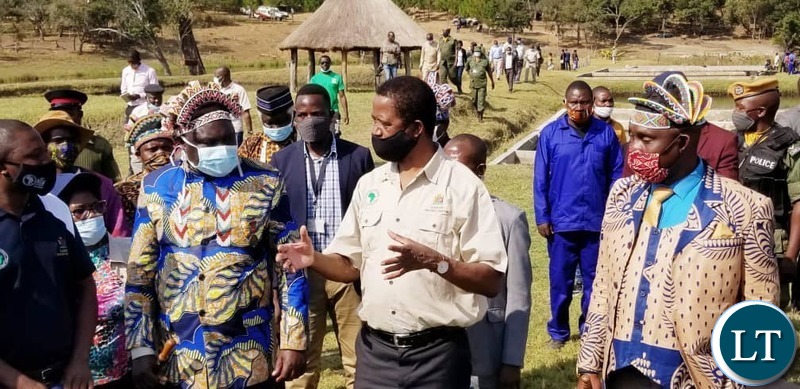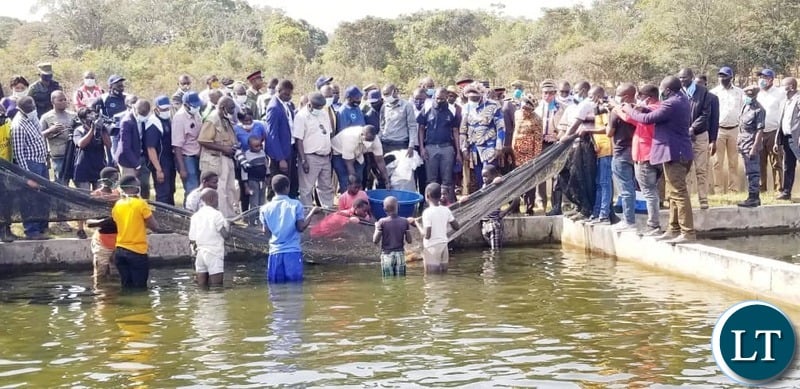THE Lusaka High Court has ordered Zambia Railways Limited to pay its former chief executive officer Clive Chirwa damages for illegally terminating his contract in 2013.
Judge Gertrude Chawatama also ordered the Railway Company to pay Professor Chirwa his full gratuity for the remaining part of his five-year contract and other contractual benefits he might have been paid.
The court also directed Zambia Railways to pay Prof Chirwa interest and costs for the lawsuit.
“Considering the special circumstances of the plaintiff’s case, the court has awarded the plaintiff compensation, which is more than the common law award of nominal measure of damages,” the judgment dated May 28, 2020 reads in part.
On 22 April 2013, the late President Michael Sata suspended Professor Chirwa as ZRL CEO pending investigations by the Anti-corruption Commission on allegations of corruption leveled against him.
In his letter to Prof. Chirwa dated April 22, 2013, President Sata confirmed that he had suspended the ZRL chief executive officer due to several corruption allegations levelled against him.
“… I am suspending you from duty and you will be on half pay; and as part of other conditions you will have to vacate the lodge and wait in the Zambia Railways Limited accommodation until the matter is completed,” read President Sata’s letter in part.
“By copy of this letter the Anti-corruption Commission has been instructed to carry out full investigations concerning the allegations of corruption.”
On 9th September, 2013, ACC arrested moved in and arrested Professor Chirwa for alleged Corrupt Practices involving over K280, 000.00 and charged with two (2) counts.
In the first count, Prof. Chirwa is charged with failure to Disclose Interest contrary to section 28 (1) of the Anti-Corruption Act No.3 of 2012.
Details are that Prof. Chirwa, 59, between 1st November 2012 and 31st December 2012 as CEO of Zambia Railways Limited recommended at the Zambia Railways Board meeting that Clavel Incorporated Limited, a company in which he is a shareholder be given a contract to train Zambia Railways employees without disclosing interest contrary to section 28 (1) of the Anti-Corruption Act No.3 of 2012.
In the second count, Prof. Chirwa is jointly charged with Ms. Regina Mwale, 50, and Finance Director of Zambia Railways Limited for Abuse of Authority of Office contrary to section 99 (1) of the Penal Code Cap 87 of the Laws of Zambia.
Details are that between 1st November 2012 and 30th April 2013 Prof. Chirwa and Ms. Mwale whilst acting together abused the authority of their office by authorizing a total payment of K289, 128.84 to Fallsway Apartments of Lusaka for accommodation for the benefit of Pro. Chirwa without following laid down procedures.
In court, Professor Chirwa told the Lusaka Magistrate’s court that he was given conditions by the Anti-Corruption Commission (ACC) in August 2013 to accept the two counts he was charged with of abuse of authority and failure to disclose an interest in order to have the case against him closed.
Prof Chirwa said he was called sometime in August by the ACC to be given details of the Director of Public Prosecutions (DPP)’s opinion and that he went with his former lawyer Yosa Yosa and met the ACC Director of Investigations and Chief Investigations Officer who asked him to accept the two counts he was charged with in order for the case to be closed.
He said he was given four conditions which included forfeiting his terminal benefits, to stop communicating, remaining in the country and apologizing to the Zambians at Mass media on both television and radio for what he had done.
Prof Chirwa said he rejected the offer and told the Director of Investigations that he had done nothing wrong and would clear his name in court and he was then told that they would relay his decision to the DPP but that they did not give him feedback on the matter as agreed.
He further testified that at the time he received a call from President Micheal Sata to come and help run Zambia Railways on October 10, 2012 he told the President that he was busy with the designing of the new Toyota Camry for 2016 but later reflected the discussion with President Sata on the need for him to work for his country.
Prof Chirwa said he later received his offer letter as Chief Executive Officer (CEO) for Zambia Railways which was dated November 7, 2012 but it had no contract on conditions of service attached to it and he was only given the contract letter on February 3, 2013 by the Zambia Railways Board Chairman, Mark Chona.
He said on December 3, 2012 he was received by a protocol officer and a driver from the Ministry of Transport, Works Supply and Communications at the Kenneth Kaunda International Airport and was driven directly to Fallsways Hotel and not Intercontinental Hotel where he used to lodge the previous times when was in the country.
He said the former Minister of Transport, Christopher Yaluma, who later found them there, told Chirwa not to find another place but stay at Fallsway Hotel as it was the best place for him after Chirwa told the Minister that he wanted to bring over his family to Zambia.
He further testified that he was not yet an employee of Zambia Railways but a future CEO when he presented a preamble plan on his vision for the company on December 18, 2012 during a meeting which was attended by board members, the former minister of Transport Christopher Yaluma, his deputy, Panji Kaunda and many officials from the ministry of transport.
Prof Chirwa told the court that in his presentation on the preamble the plan of how to rehabilitate Zambia Railways was not done during a Board meeting on December 18, 2012 as the meeting was attended by many officials from the Ministry of Transport.
He further said he returned to the United Kingdom and was only told by the board chairman through an email on January 11, 2012 that his contract was ready and he came back to Zambia where he signed it during a signing ceremony though the salary was far below what he was getting in the United Kingdom where he was working.


